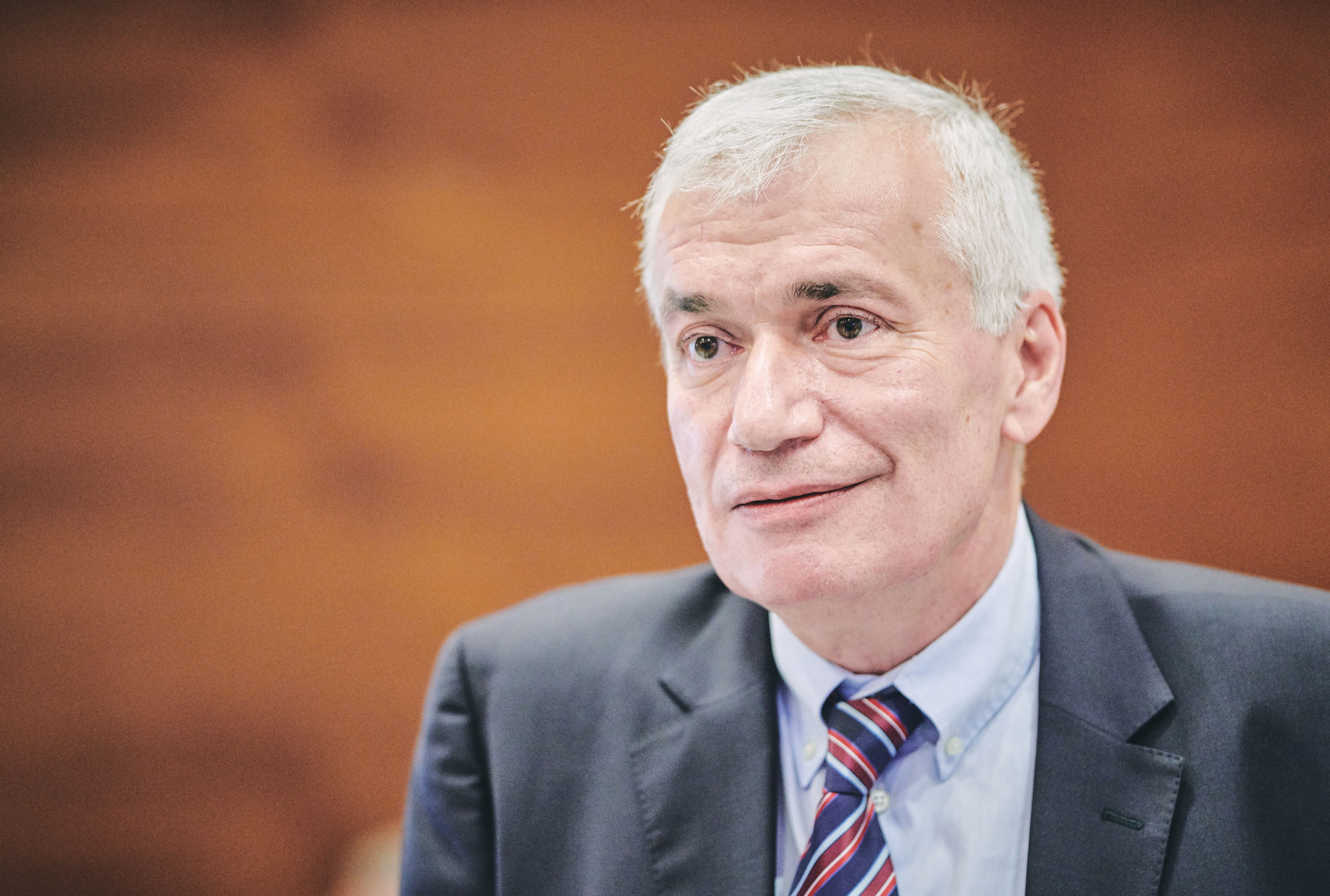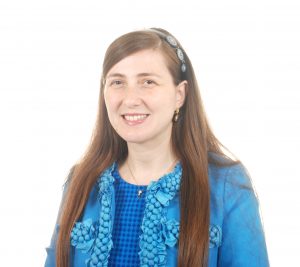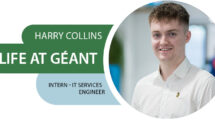Ramaz Kvatadze was a scientist when he helped to found the Georgian Research and Educational Networking Association, GRENA. This year he saw it come of age as it celebrated its 20th anniversary. With new goals now set for the NREN for the coming few years, CONNECT invites Ramaz to reflect on the past and the future of GRENA and its place in the NREN community.
What motivated you to get the GRENA network and organisation started?
I was conducting research in high energy physics at several leading scientific centres in Russia, Denmark, Switzerland and France. When I returned to Georgia and started to work at the High Energy Physics Institute of Tbilisi State University it became evident that the existing Internet connectivity was preventing real cooperation between the Georgian research community and western partners. At the end of the nineties, the NATO Science Program, the European Commission and the Open Society Institute started to support development of information technologies in the field of research and education in Georgia. After numerous discussions with leading universities and the Academy of Sciences, we concluded that joining efforts and establishing a research and education network in Georgia was the best approach for the most effective use of provided funds. This is how GRENA was established.
How does it make you feel to see that your creation has survived and grown for so long?
It is always pleasant and gives satisfaction when your work and effort bring results. We started with a small motivated team. Each small step of development required very hard work and dedication, each new connected institution was an achievement for us. We soon realized that for sustainable development of GRENA, three fields of activities were essential, and today, GRENA is known in Georgia not only for providing services, but also for offering high-quality IT education and for its experience in implementing local and international projects.
And how does it make you feel to know that GRENA has been helping people in your country all these years to be connected, to collaborate and to better do their work in research and education?
Of course it gives us great satisfaction to see that our work has substantial positive impact. I remember how happy we were when we would meet researchers at newly connected universities and they would tell us how their working conditions and cooperation with western partners have been improved as a result of GRENA support. I really hope we will continue seeing the impact of our work for years to come.
If you had to pick one moment or development that was significant in the past 20 years, what would it be?
GRENA has implemented a number of important projects that contributed to the development of information technology in Georgia. In terms of high-quality Internet accessibility, it was extremely important to integrate our institutions with the European research network GÉANT. This programme started in 2002 with the NATO Virtual Silk Highway project and was followed by the EC projects Black Sea Interconnection in 2008-2010 and EaPConnect in 2015-2020.
Since 2016, GRENA has been providing students, researchers and university staff members the unique opportunity to benefit from educational Internet roaming. At present eduroam is available at 10 Georgian universities and we plan to expand this service.
Which other services that GRENA offers would you wish to highlight and why?
I want to mention the IT education that has been functioning since 2004. Ours is the first Cisco Networking Academy established in Georgia. Later, GRENA became a Linux Professional Institute Academic Partner and a Juniper Networks Academic Alliance Member. We are proud to say that we offer a variety of certified courses by expert lecturers and over 1400 highly qualified specialists have graduated and built successful careers across the country and internationally.
What are the future goals and plans for development of GRENA in the coming years?
Our goal for the near future is to have a GÉANT PoP [Point of Presence] in Georgia and further development of network services. We are also developing Cloud infrastructure and are active in the cyber-security field.
How do you see GRENA’s relationship to the international community of R&E networks?
The contributions from our international partners is tremendously beneficial for Georgia. In cooperation with our partners we are implementing the European Open Science Cloud (EOSC), which will be an extremely important step for integration of the scientific potential of Georgia in the European Research Area.
As 2020 is now approaching, do you have any end-of-year message for the NREN community?
A new year implies stepping into something new, accepting something new and aspiring to something new. I wish all NRENs and research and education communities a successful year ahead, filled with new ideas and accomplishments!
Visit the GRENA website. GRENA is a partner in the EU-funded EaPConnect project.







